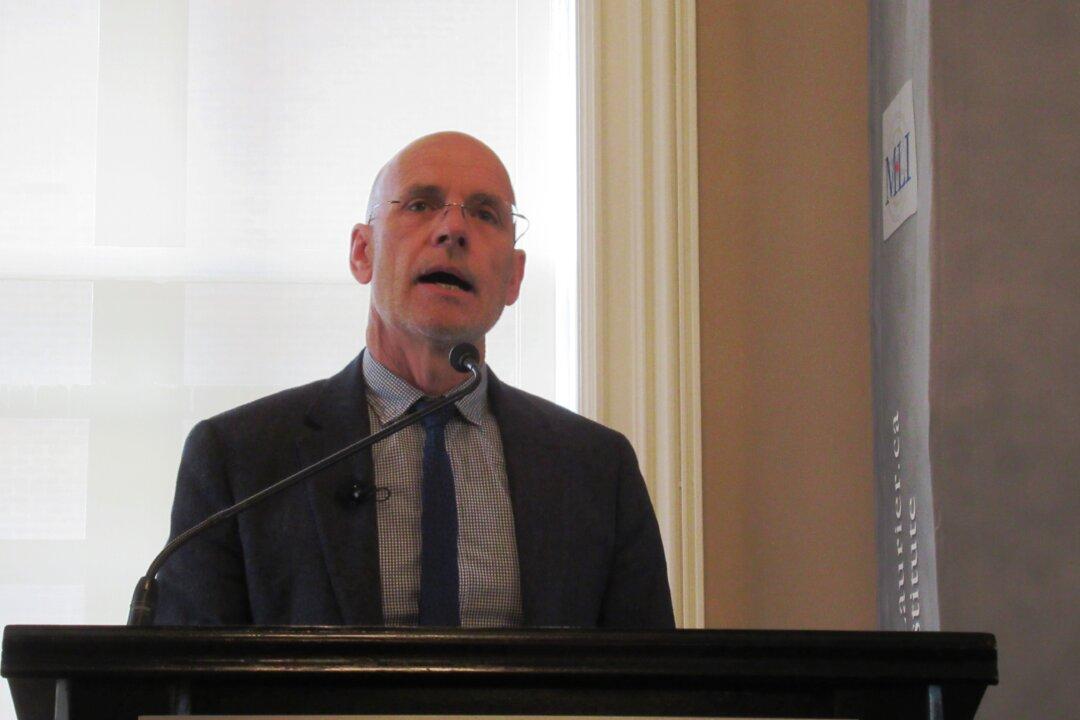OTTAWA—Canada risks becoming a “client state” of China unless it stops being naïve to growing Chinese Communist Party (CCP) influence undermining its democracy and sovereignty. That’s the lesson from Clive Hamilton’s new book, “Silent Invasion,” which details how pervasive Chinese influence has softened Australia—one of Canada’s closest allies—into becoming more supportive of Beijing’s mercantilist views.
Hamilton, a public ethics professor at Charles Sturt University in Canberra, laid it all out in frightening detail—how China’s United Front work was infiltrating all aspects of Australian society so as to break up the America-Australia alliance.





